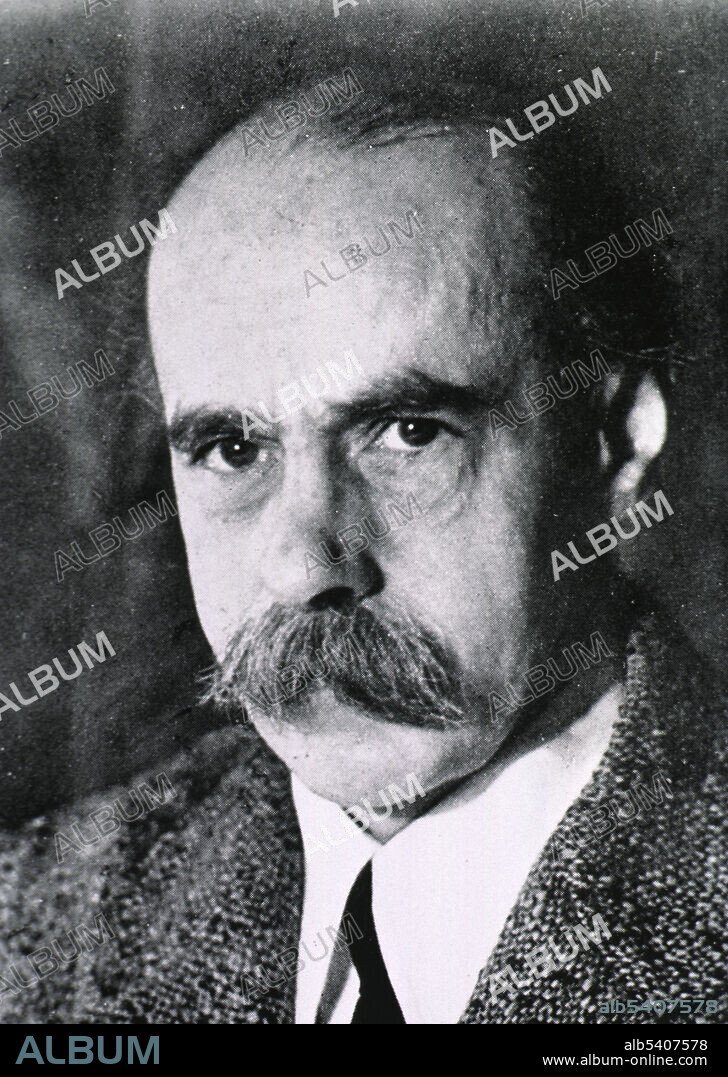alb5407578
Max Wertheimer, Psychologist

|
Añadir a otro lightbox |
|
Añadir a otro lightbox |



¿Ya tienes cuenta? Iniciar sesión
¿No tienes cuenta? Regístrate
Compra esta imagen

Título:
Max Wertheimer, Psychologist
Descripción:
Traducción automática: Max Wertheimer (1880-1943), psicólogo judío de origen checo. Nacido en Praga, Wertheimer estudió en las universidades de Praga, Berlín y Würzburg y se convirtió en profesor en Frankfurt y Berlín, lo que lo situó a la vanguardia de la psicología contemporánea. Descubrió el fenómeno phi (relativo a la ilusión de movimiento) en 1910-12, un paso significativo hacia la influyente escuela de psicología Gestalt. Sus esfuerzos de colaboración con Wolfgang Kohler y Kurt Koffka dieron lugar a este nuevo enfoque, en el que la mente humana se estudiaba como un todo, en lugar de dividirla en sus componentes. Más adelante en su vida dedicó su tiempo al problema del aprendizaje y fue autor de Productive Thinking, publicado póstumamente en 1945.
Max Wertheimer (1880-1943), Czech-born Jewish psychologist. Born in Prague, Wertheimer studied at the universities of Prague, Berlin and Wurzburg and became a professor at Frankfurt and Berlin, placing him at the forefront of contemporary psychology. He discovered the phi phenomenon (concerning the illusion of motion) in 1910-12, a significant step towards the influential school of Gestalt psychology. His collaborative efforts with Wolfgang Kohler and Kurt Koffka gave rise to this new approach, where the human mind was studied as a whole, instead of being broken down into component parts. Later in life he dedicated his time to the problem of learning and authored Productive Thinking, published posthumously in 1945.
Crédito:
Album / Science Source / NLM
Autorizaciones:
Modelo: No - Propiedad: No
¿Preguntas relacionadas con los derechos?
¿Preguntas relacionadas con los derechos?
Tamaño imagen:
2120 x 2984 px | 18.1 MB
Tamaño impresión:
17.9 x 25.3 cm | 7.1 x 9.9 in (300 dpi)
Palabras clave:
 Pinterest
Pinterest Twitter
Twitter Facebook
Facebook Copiar enlace
Copiar enlace Email
Email
